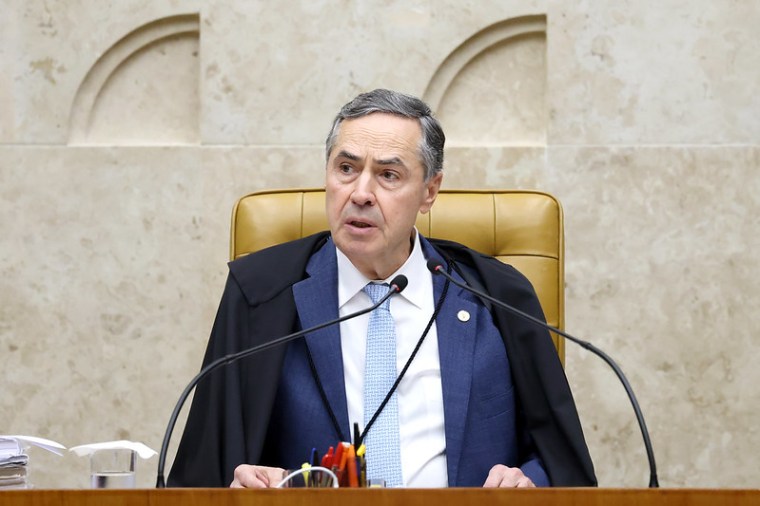São Paulo, May 24, 2024—A decision by Brazil’s top court to recognize the judicial harassment of journalists and to introduce procedures to help prevent courts being misused to intimidate and silence the media is a welcome move towards safeguarding press freedom, the Committee to Protect Journalists said Friday.
On May 22, the Supreme Court unanimously recognized the judicial harassment of journalists and media outlets, which it defined as occurring when numerous lawsuits on the same issue are filed in different parts of the country, with the intention of embarrassing the defendant or making their defense difficult.
Once a legal action is recognized as a case of judicial harassment compromising freedom of expression, the defendant can request that all of the lawsuits be aggregated into one and judged within the defendant’s city of residence, the court said. It also ruled that journalists and media outlets can only be found liable in civil cases where there is “unequivocal” evidence of malicious intent or serious professional negligence in investigating the facts.
“By recognizing judicial harassment of journalists and establishing procedures to hinder multiple lawsuits aimed at censoring the media, Brazil’s Supreme Court is taking an important step towards guaranteeing press freedom in the country,” said CPJ Latin America Program Coordinator Cristina Zahar. “CPJ hopes that this reform will ensure that journalists are able to carry out their work without fear of retaliatory legal action.”
The court ruling was made in response to two separate complaints by local press freedom groups, the Brazilian Press Association (ABI) and the Brazilian Association of Investigative Journalism (Abraji), which were filed in 2021.
Taís Gasparian, one of Brazil’s leading legal experts on press freedom, who filed Abraji’s lawsuit which was reviewed by CPJ, said that some journalists and media outlets were facing hundreds of separate lawsuits.
“This barrage of litigation can quickly become financially onerous and time-consuming for the journalists, since they must travel to multiple, and often remote, cities to defend themselves,” she told CPJ.
“The court has recognized the primacy of freedom of expression over other civil rights,” she said, comparing the ruling to the Supreme Court’s 2009 decision to strike down the repressive 1967 Press Law, which imposed harsh penalties for liberal and slander.
Although press freedom has improved since the end of two decades of military dictatorship in 1985, it is not uncommon for judges in Brazil to censor reports or take legal action against journalists.
Brazil’s most famous case of judicial harassment involved Elvira Lobato, a reporter with the national daily Folha de S. Paulo, who wrote a 2007 article for the outlet saying that a church used a company in a tax haven to channel followers’ fees to more than a dozen church-owned businesses.
In 2008, Lobato won more than 100 defamation suits filed against her and her newspaper, under the 1967 press law, by individual members of the church for offending their faith.
“The court’s decision removes a sword that has hung over journalists and press freedom for many years. Orchestrated and simultaneous lawsuits, filed in remote locations to make the defense more expensive, are unfair to journalists and a threat to democracy,” Lobato told CPJ.
